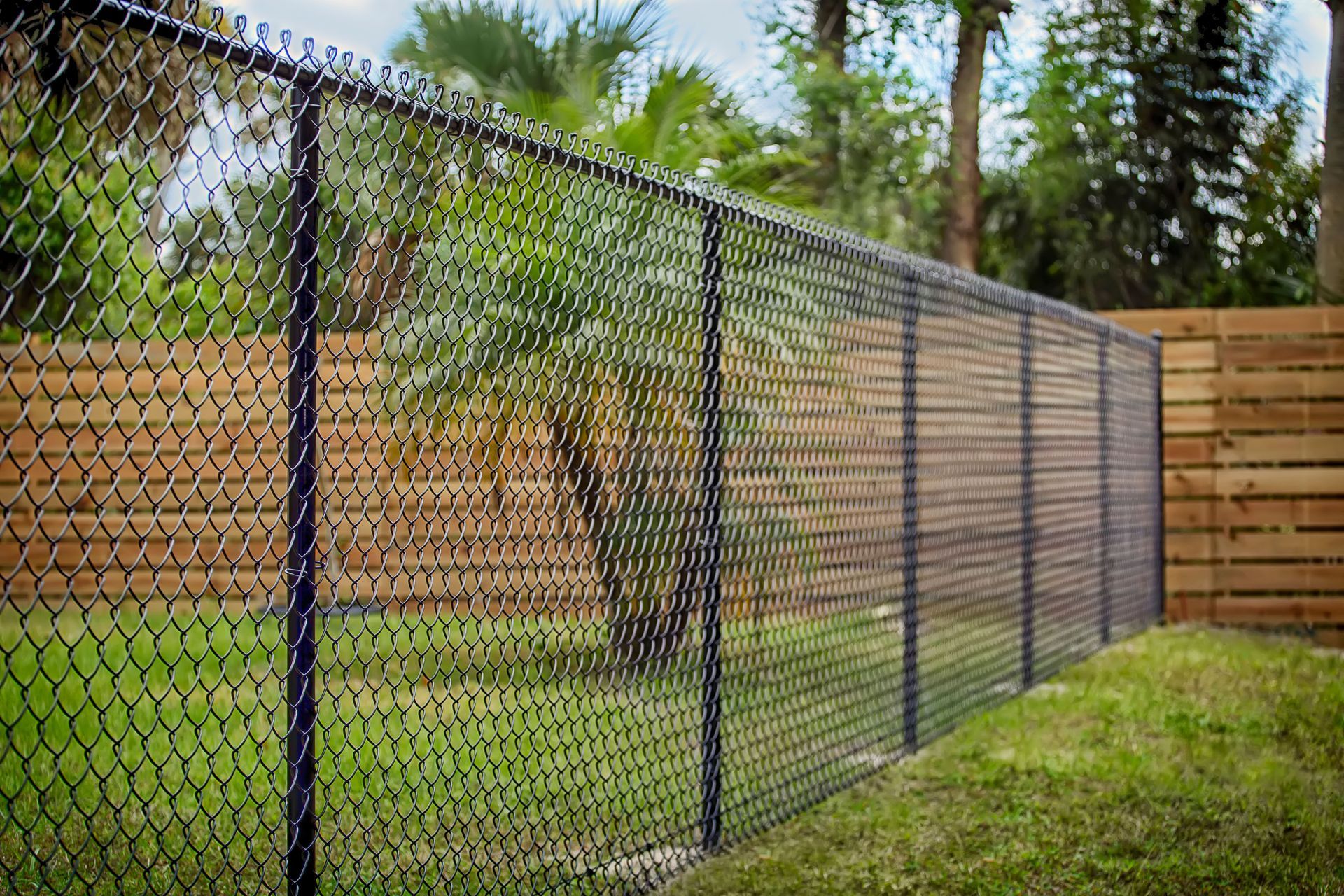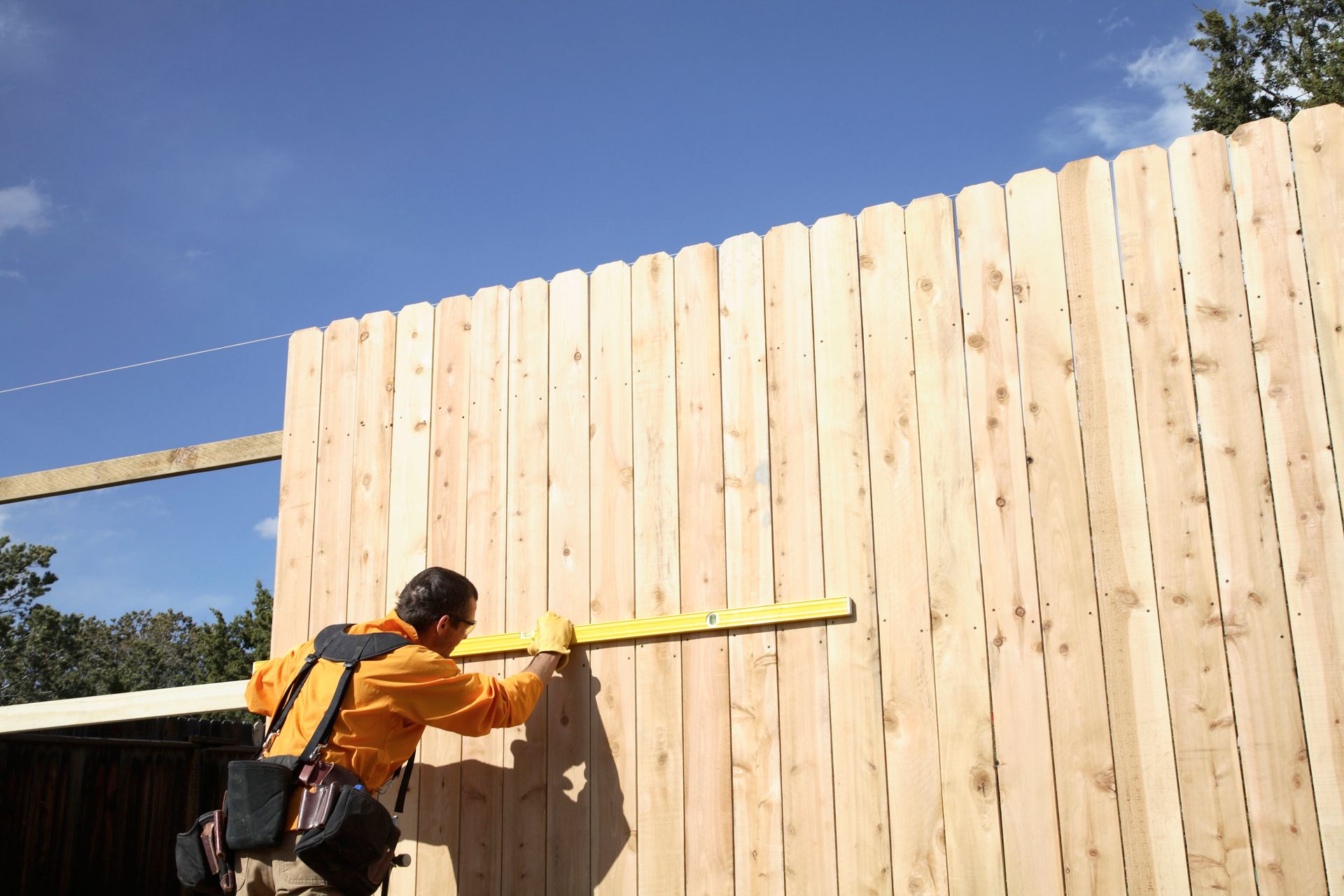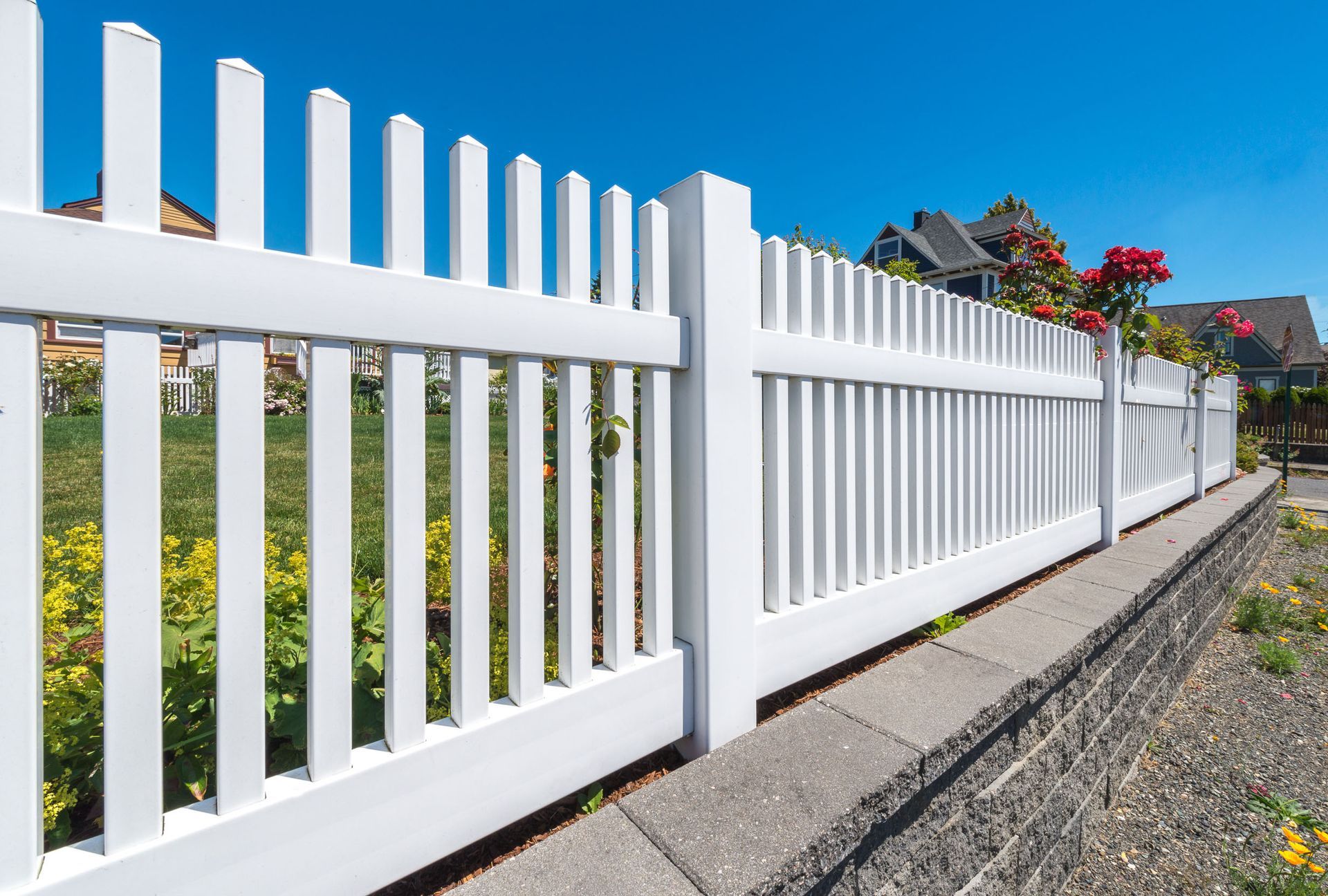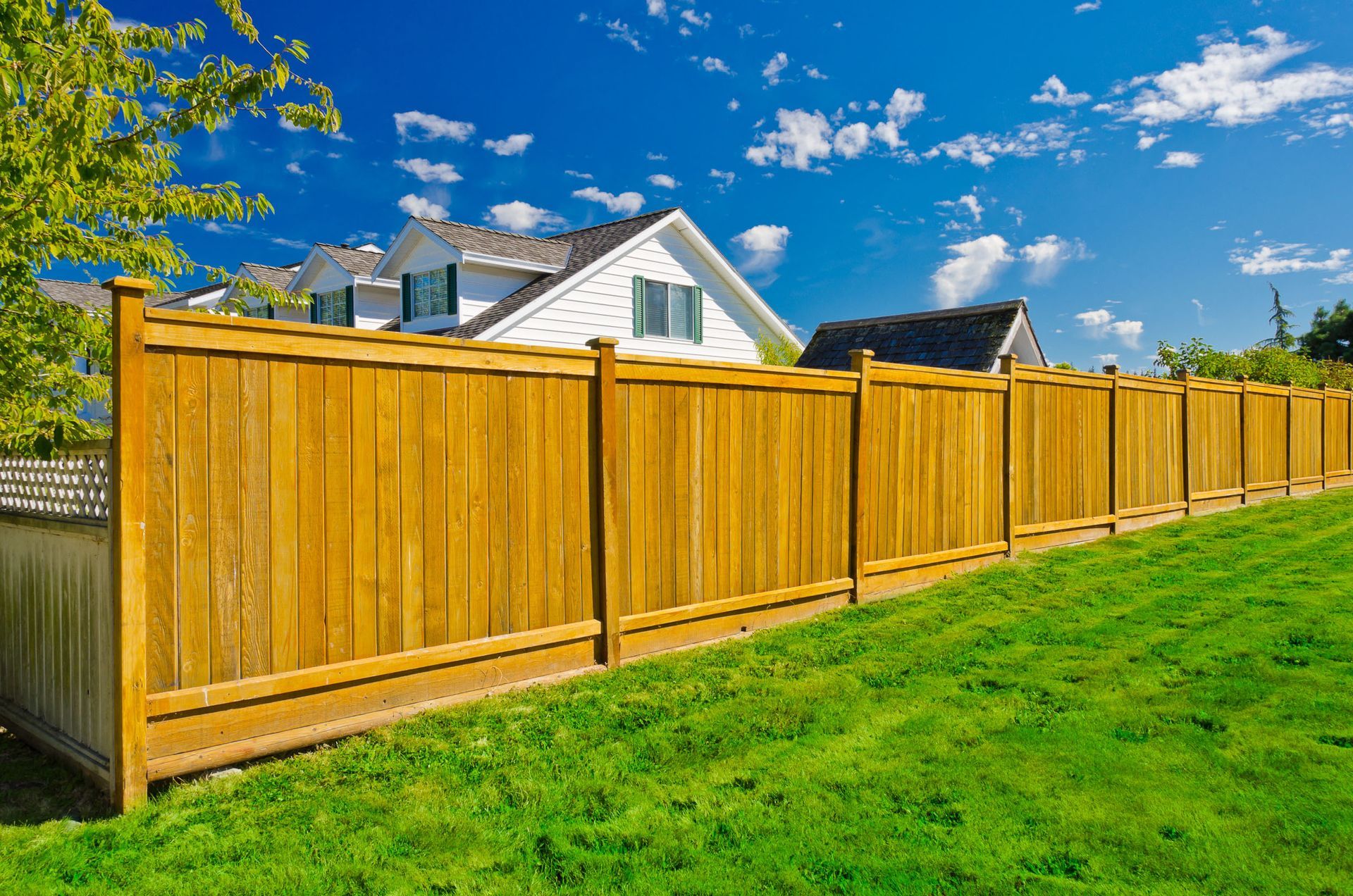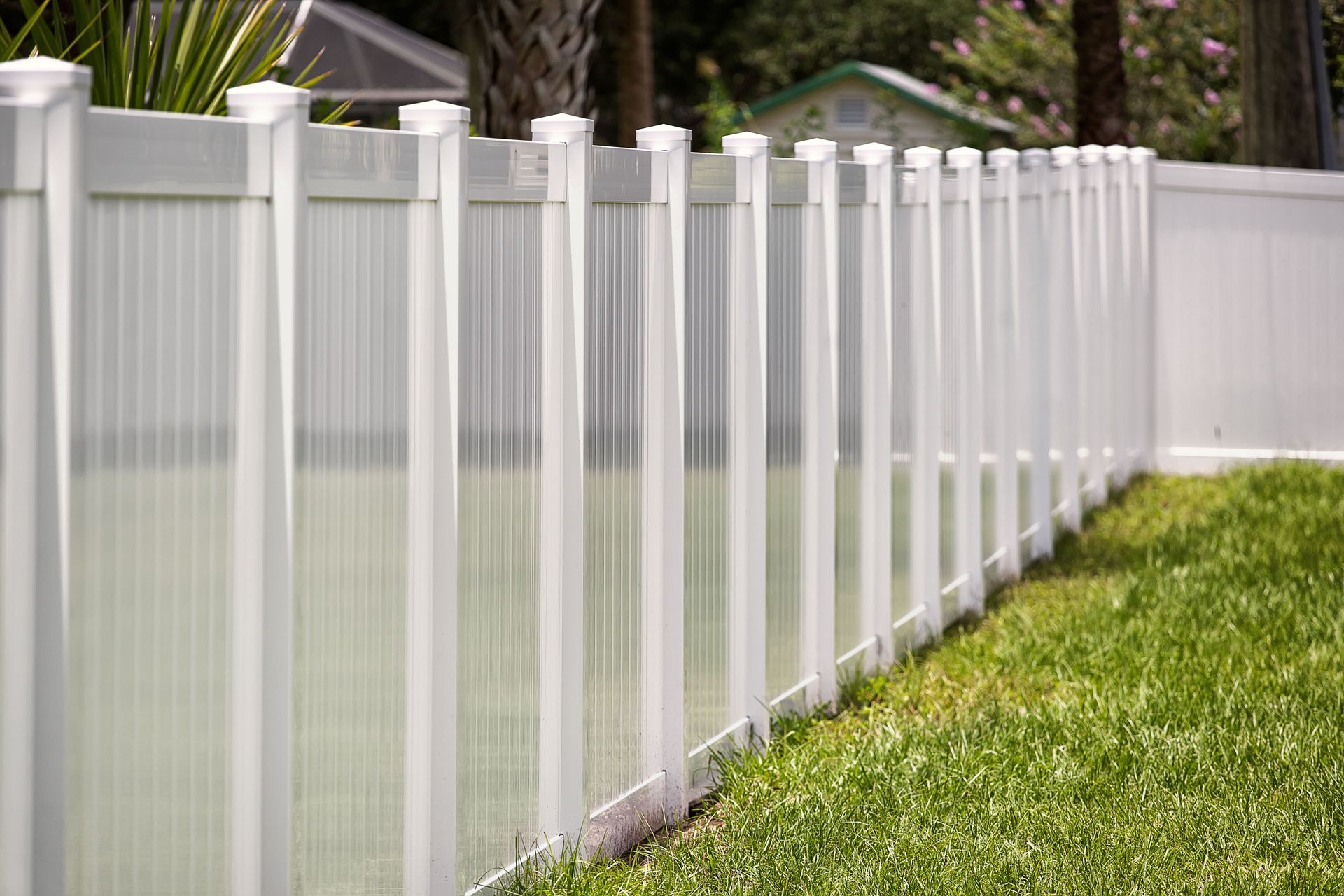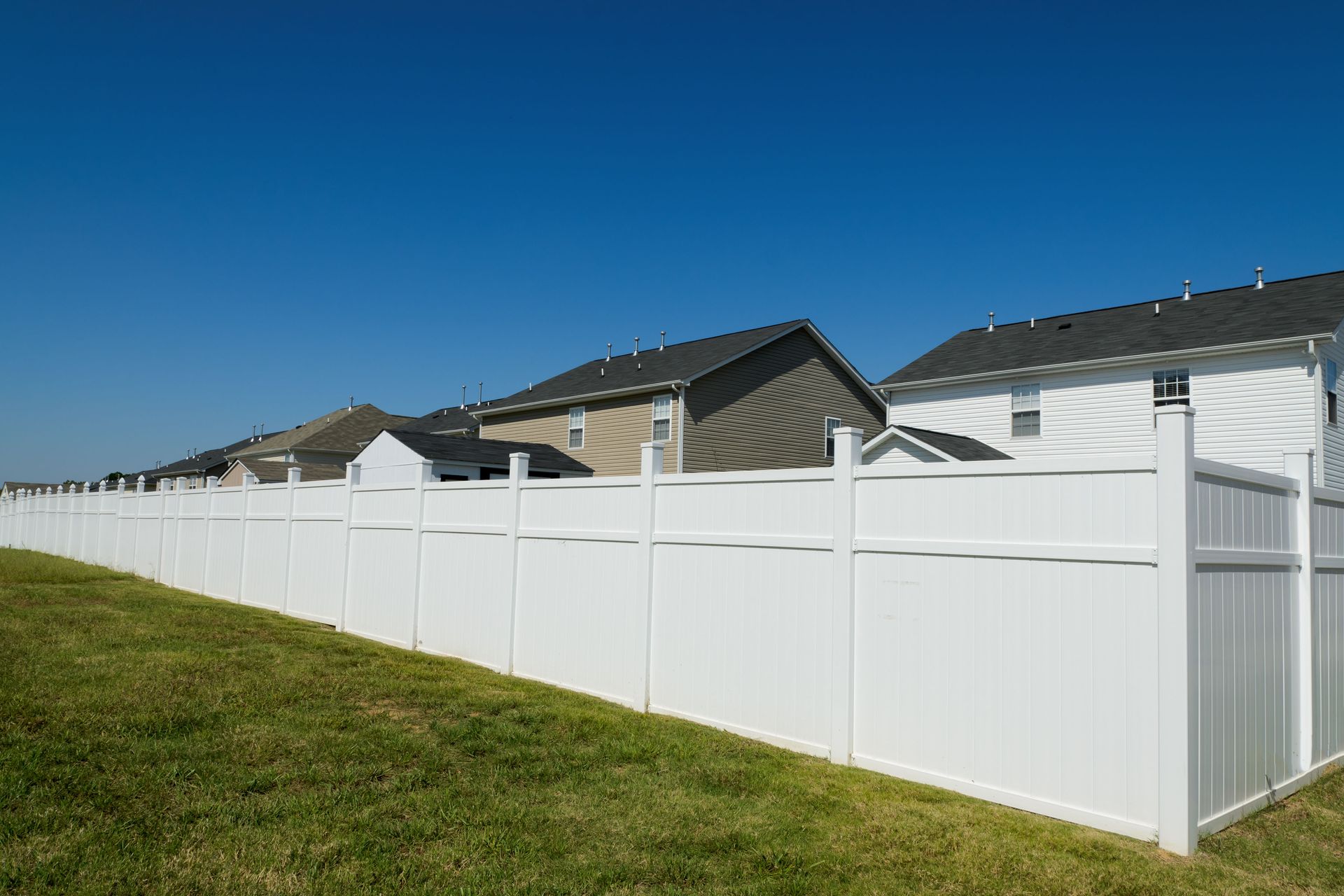3 Facts to Know Before You Start a Home Fencing Project
Installing home fencing comes with many benefits. According to Rehab Financial, metal and stone fences have an ROI of about 70%, with other materials providing an ROI of approximately 50%. The advantages of home fencing only present themselves when the project is completed properly. If you're planning on having fencing installed on your residential property, then there are a few things to be aware of beforehand.
1. There May Be Fencing Laws to Be Aware Of
Depending on where you live, you may operate under a particular homeowner's association (HOA). It's an organization that makes and enforces rules for a planned community. They may have requirements you must meet before starting your home fencing project. For example, they could have a say in the fence's color, appearance, height, and length. Therefore, don't start a project without learning the zoning codes and regulations.
2. Your Neighbors May Have a Say
While, in theory, creating a fence between your property and your neighbors' may eliminate a few issues, they might have some problems with the fence being installed. You should always be sure to talk to the people next door about your home fencing plans. Their opinion will help you proceed without future disagreements. Additionally, there may be specific property line insights that they have that you may not, so they can inform you of them.
3. It's Worth It to Call in the Professionals
Many homeowners think that home fencing is a DIY thing, but it's not. Although it may be possible, and some homeowners have pulled it off, it may actually be more cost-effective for you if you bring in a professional. They'll help you get the materials, do the installation, and give you a long-term maintenance plan for the project. If you take the project on yourself, then you may have to pay for repairs sooner than you'd like to.
Consider these facts before starting your home fencing project and you'll be guaranteed the best outcome. Be sure to talk to D&N Fence Co Inc to determine the nitty-gritty project details and let us jump into the task as you wait for the outcome.
VISIT US
HOURS
HOURS
CONTACT US
- Main: (319) 393-0468
- Mobile: (319) 393-0468

